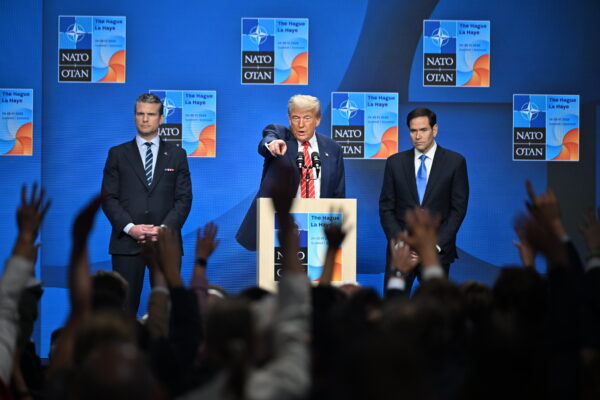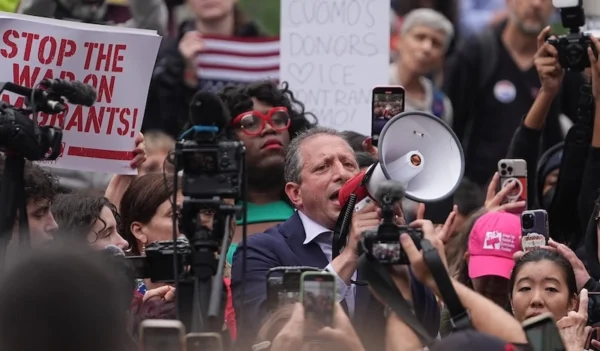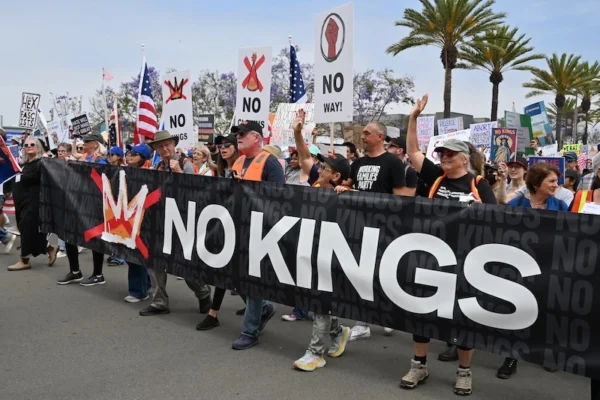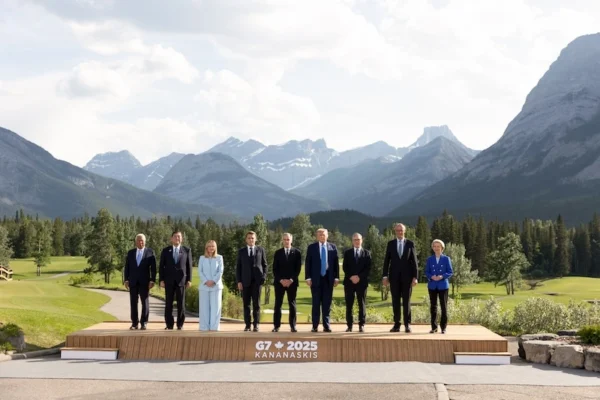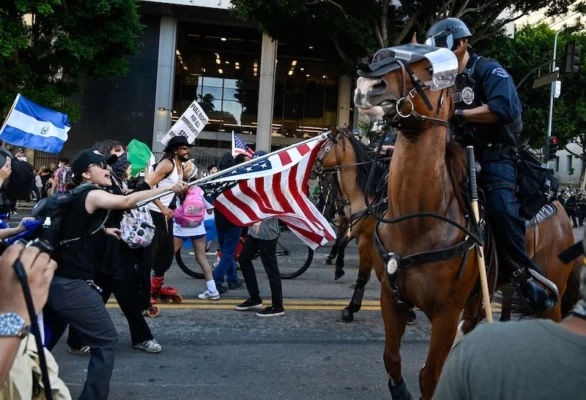What Does the Sentencing of Ilham Tohti Mean for Uighurs, China and the International System?
Ilham Tohti, who has become one of the most prominent political prisoners in China after his arrest in January 2014, was sentenced to life in prison last week. Amid the developments in the Middle East and the clashes between the Islamic State of Iraq and al-Sham (ISIS) and Kurdish groups in Kobani, many have missed this important verdict and the debates on its possible outcomes for the ethnic conflict in Xinjiang and the human rights situation in China.
First of all, the verdict demonstrates that China is becoming increasingly predictable in its patterns of behavior regarding human rights and defiant to the principles of the international community. In reality, nobody was surprised when Ilham Tohti was arrested in China. Even the life sentence did not shock many human rights advocates working on different issues of human rights and basic liberties in China. For years now, by constantly witnessing these forms of violations, the international community started to be less sensitive and Western governments “learned” to become satisfied with the minimum level of improvements in human rights in China. For years, very small gestures and the release of individual political prisoners as a result of international pressure have been regarded as “a major step” toward the improvement of conditions in the country. However, these “major steps” did not bring any form of structural reform or development in the state of human rights in the country. While Beijing remained reluctant to make these reforms, Western democracies started to bring human rights less frequently to their agendas of meetings with China. The global economic recession deteriorated the situation further as many Western countries started to approach human rights issues as a burden to their economic policies and trade relations with China. This situation may bring short term benefit for the economies of these countries, however, in the long run it is generating a major threat for the international system as a whole. What is being neglected here is how the government’s treatment of its citizens can have a major influence to its pattern of behavior in foreign relations, which can make it less cooperative and more assertive and aggressive. In addition, the defiance of a single country to the principles of the international community can generate a model for other less powerful authoritarian regimes in different parts of the world and may help the spread of authoritarianism. This situation presents a clear threat for an already unstable international system today.
Secondly, the arrest and sentencing of Ilham Tohti, who was considered as the most moderate voice among Uighurs in China, is also indicative of the possible path of ethnic conflict in the region. So far, authorities in China rejected to recognize anyone that voiced the demands and grievances of the Uighur minority. There is no political space for Uighur dissent to organize and ask for their rights in the country and every form of criticisms is perceived as a major threat. This situation prevents the emergence of a healthy and meaningful dialogue where parties can discuss their problems and possible ways they could be resolved. Uighur organizations abroad are considered “groups under the influence of foreign powers” and “external elements,” whereas more religious and conservative organizations are portrayed as being “fundamentalists” and “radicals.” The last hope of emergence of a meaningful and healthy dialogue between Uighurs and the Chinese state was the rise of personalities such as Ilham Tohti. However, the arrest and sentencing of Tohti demonstrates that China does not recognize the existence of a problem, will continue to avoid paying attention to the despair and grievances of the Uighur people and will not engage in a dialogue with Uighurs to resolve the problems. Without this dialogue it is hard to be optimistic and to expect the highly touted “social harmony” in the country.
Both of these outcomes presents a clear threat for both liberty and security of Uighurs and stability and prosperity of China as well as the future of human rights and fundamental liberties in international system. Thus this verdict provides us every reason to be less optimistic for the resolution of the ethnic conflict in the region.
This article was originally published in Daily Sabah on September 29, 2014.













